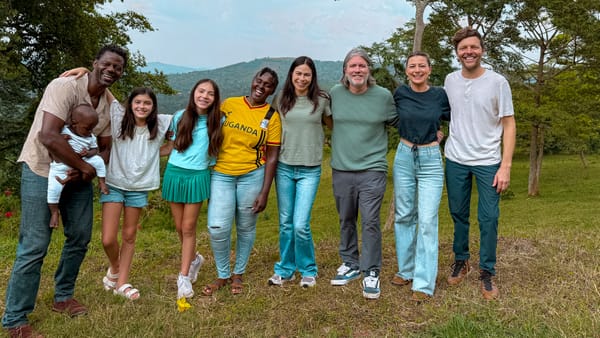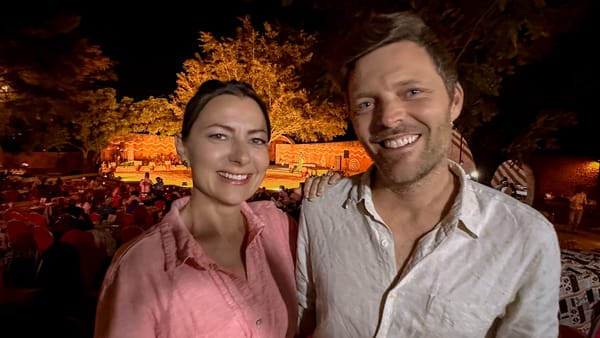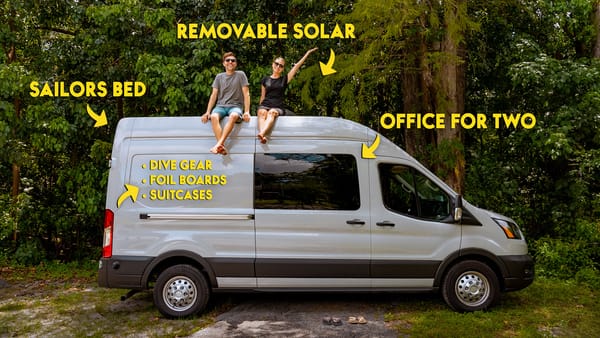Don’t Get Scammed, Make Your Donation Count (Hurricanes, Fires & Other Natural Disasters)
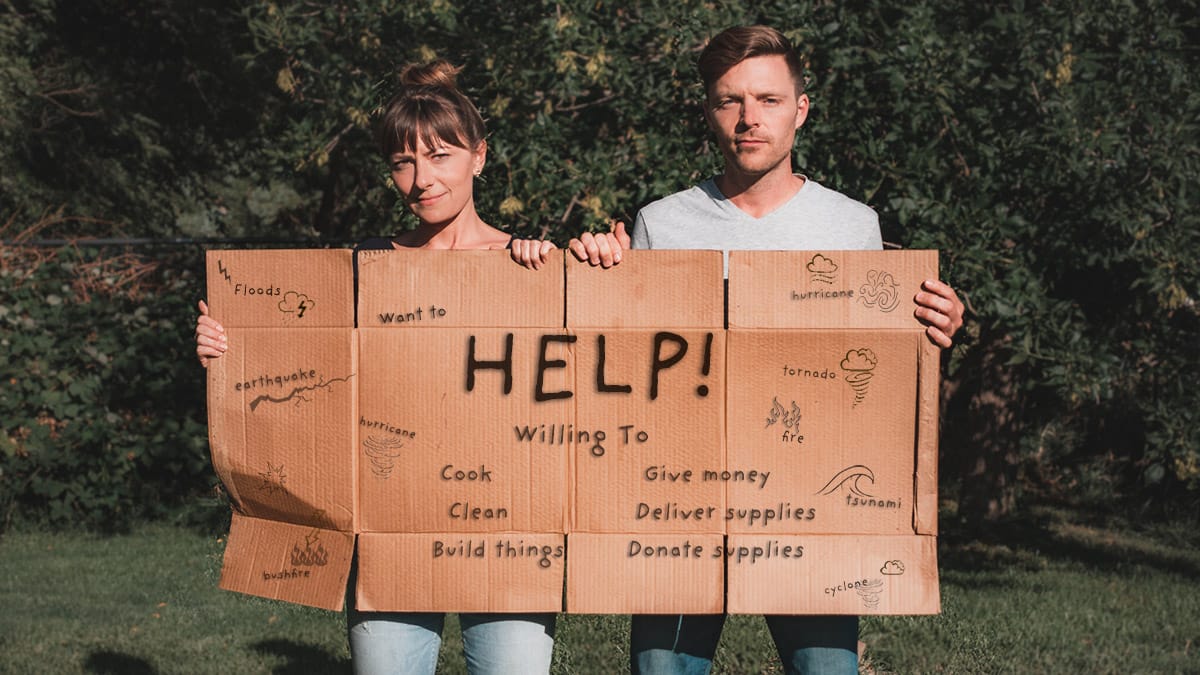
If you’ve been paying attention to the news lately or scrolling your social feeds, the world seems pretty bleak. Fires, drought, floods, and hurricanes are all reaching record destruction levels all over the world. Combined with Covid-19 pandemic, it’s as if the apocalypse is here and the world is ending. It’s gut-wrenching and overwhelming to say the least.
Sadly, the number of natural disasters happening every year are only increasing.
CRED Natural Disasters 2019 Worldwide Overview:
- 396 Reported Disasters
- 11,755 Deaths
- 94.9 Million Affected
- $103 Billion in Damage
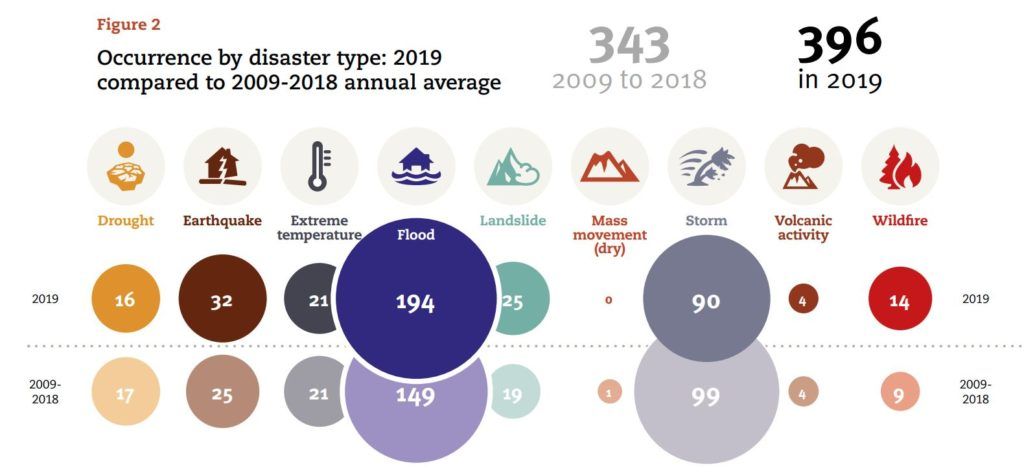
These tragic disasters leave millions of people and animals without access to clean water, adequate food supplies, medical aid and more.
Our instincts are to jump in and help. Especially when it’s destinations we’ve explored and people we love. But, between the hundreds of organizations claiming to help and the opportunistic scammers, it also seems like no good deed goes unpunished.
Beware of Fake Disaster Relief
When a big disaster hits, there are scummy thieves waiting to take advantage of your good deeds. Don’t let them!
A Secret Service investigation led to two Miami residents being charged with wire fraud after allegedly fraudulently obtaining Hurricane Harvey disaster relief funds that should have gone to those still recovering from the disaster. Read more: https://t.co/qjU2tAzp8c pic.twitter.com/aariVz1ntu
— U.S. Secret Service (@SecretService) May 16, 2019
There are opportunistic posers who set up fake disaster relief organizations. From pages on social media (Instagram, facebook, twitter…), to making cold calls or even dropping a flyer on your front porch. These scammers can seem genuine and 100% legit, but don’t let them take advantage of you!
Do your research before ever donating a penny. Ask questions!
- Does the charity have a website?
- Is there enough clear information about the programs and how they use donations?
- Do they have an on-the-ground presence in the impacted areas? If not, chances are they may not be as quick and effective as an organization that does.
- Is the relief immediate, long-term or both? There should be specifics.
- Is this direct aid? Or are they raising money for other organizations? Consider going direct to the organizations they are supporting.
- Exactly how much of your financial donation goes to the programs you wish to support?
How To Help
Trying to figure out how or where to put our efforts…well it isn’t easy. With each new disaster, we found ourselves endlessly researching to make sure our donation counts.
I can’t say we have it all figured out, but we have found some great resources that make the decision-making processes much easier. We’ve also learned a lot about what NOT to do when it comes to disaster relief.
There are 4 ways to help when a disaster strikes.
- Protect Nature to Combat Climate Change
- donate money
- volunteer
- donate goods
It sounds simple and it can be if we’re armed with a little knowledge.
No Such Thing As A Quick Fix
When nature roars up and devastation is all we see, we want to help make it go away as fast as possible. But the reality is there are no quick fixes. Sure, there is immediate emergency efforts needed but the real work is long-term and begins right about the time media has moved onto the next big disaster.
Long term recovery and rebuilding takes years. It typically requires help from a wide variety of volunteers and organizations. No single charitable organization can address all of a population’s needs after a huge devastation like a hurricane, tsunami, earthquake or fire.
This is part of why we see so many different organizations offering disaster relief. They all serve different areas of need, and each organization needs support to fulfill their mission.
Protect Nature
Climate change (the world getting warmer) is a part of nature…but we humans are accelerating it at a deadly pace. 800 million people globally are already suffering the impacts of climate change. If we don’t get drastically serious about protecting nature now, these natural disaters will keep getting worse.
From our Teaching Climate page, this video from Climate Central looks at the way climate conditions can affect vegetation in the West, and what influence this has on wildfires. https://t.co/q2jbsSBLyZ pic.twitter.com/i8C2sqrSbM
— NOAA Climate.gov (@NOAAClimate) September 7, 2020
Here are 3 different reputable sources that have curated lists of highly researched and rated organizations committed to environmental protection efforts and effective action. Each organization website is a weatlh of information on how you can help.
- Impact Matters 3 Top Climage Change Non Profits
- Giving Green
- Charity Navigator: Experts Pick, Protecting The Environment
Nothing Beats Cold Hard Cash
Sending money to a reputable organization is the best way to help. Sending money allows the organizations to distribute the funds how, and where, they are needed. They can send experienced professionals out in the field, with the exact supplies needed, in a timely manner.
It’s incredible what a massive difference just a couple of dollars can do. For Example: If everyone who follows us on Instagram gave $2 to an organization supporting disaster relief, that would be $120,000+ donated! That amount would help thousands. So, don’t discount the impact you can have!
Finding The Most Effective Charities
There are too many options out there. Too many organizations that put more money in their pockets than they do towards the cause. If we’re going to give up our hard earned cash, we want to make sure it is impactful!
The easiest way to find an effective charity is through a third-party source. There are several fantastic organizations that do exhaustive the research for you.
These websites provide reports and help you research and find reputable charities:
- Give Well
- Impact Matters
- Charity Navigator
- Give.org
- CharityWatch
- GuideStar
- The Life You Can Save
- Animal Charity Evaluators
Social Media & Crowdfunding
Crowdfunding sites are set up by individual people which make them very difficult to vet. Anyone could set up a Go Fund Me or a Kickstarter claiming to offer aid to people in need. I could, you could. Who’s to verify we’re being honest? It’s all painfully easy…so be wary of donating to these programs. Our rule is: We only give to people we personally know.
Telegiving?
I do not donate over the phone, ever. Any legitimate charity will be thrilled to get your donation through their website…after you have verified it is indeed legitimate. It’s all too easy to pretend to be a well-known organization or to make up a name that sounds awfully familiar.
Volunteer
Boots on the ground! If you are near the affected area, or are willing to travel, volunteering is a rewarding way to help. But do not show up unsolicited! You may end up being more of a burden than a help.
Check out the NVOAD website (National Voluntary Organizations Active in Disaster). NVOAD specializes in coordinating relief efforts from lots of different organizations.
Disaster areas can be overwhelmed with the amount of generous people who want to help. Working with an organization like NVOAD helps keep things efficient and effective. They also make sure you are properly prepared and trained to handle the situation before being deployed in the affected areas.
Donate Goods
This one is super tricky for many reasons. I hesitate to donate goods unless we are fulfilling a very specific request, meeting the most urgent needs.
Do NOT donate goods at random. Turns out our unsolicited donations are a huge hindrance.
The supplies needed vary depending on the type of disaster and the location affected. Donations can quickly overwhelm an organization. Even basic necessities, like food and water can be a logistical nightmare to store and can be expensive to distribute…if they can even make it to the area in need. Which is why so many organizations will request that you not donate items to them, or they are very specific about how they would like for you to donate goods.
The Big Takeaway
The biggest surprise from all of my research…sometimes our eagerness to help does more harm than good. We’re so quick to help, we give without thinking.
From volunteers (even medical teams) who show up uninvited, to donors who ship boxes of unusable household goods, misguided compassion can actually burden scarce resources, cost time, money, energy and and lives.
From individuals to inexperienced organizations, we all have to make sure we’re either helping or staying out of the way. Which is why it is important to coordinate and work with a reputable and professional organization.
We want our donation to count. Which is why I’m sharing what I have learned. The more we all spread the word, the more efficient and helpful we can all be.
If you have questions, post them in the comment box and we will try our best to answer them…and others will chime in with their knowledge too! It takes a village.
If you have a fab resource for vetting charities and relief organizations or another source for where to sign up as a volunteer, please share! Some of our best finds, tips and tricks have come from the comments left here on our virtual base camp. So Thank You!

